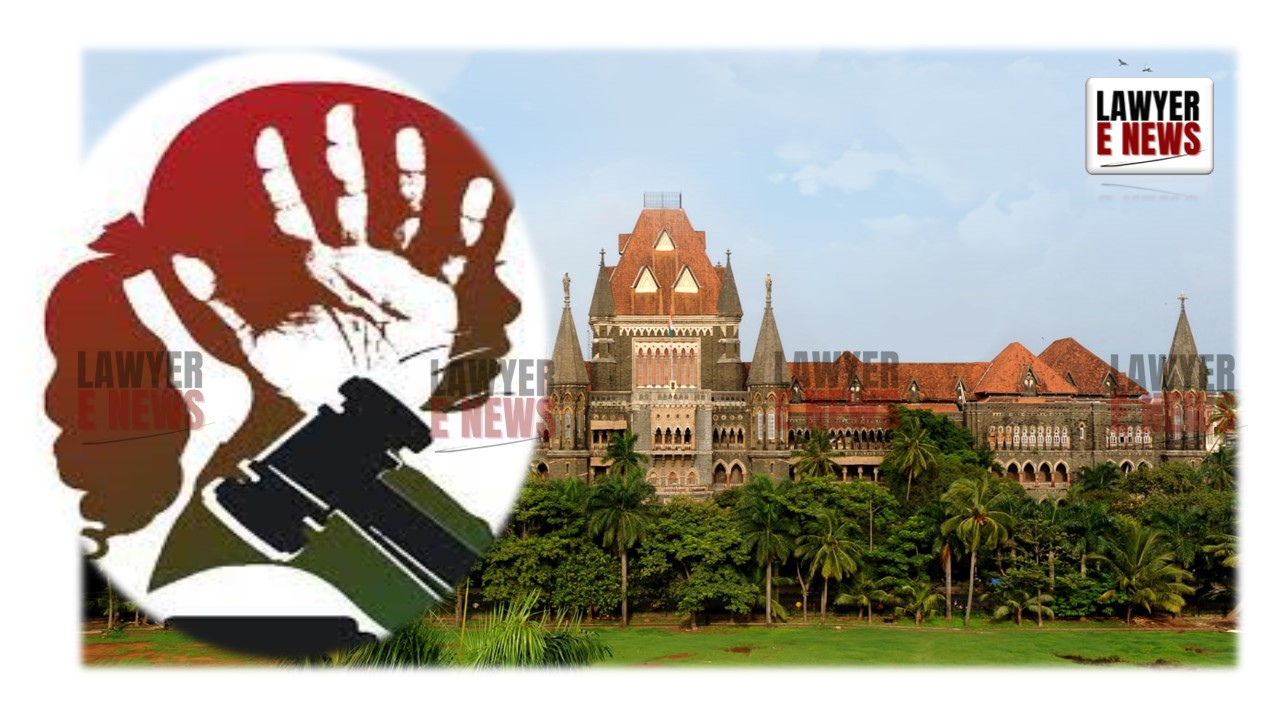-
by Admin
15 February 2026 5:35 AM



On September 25, 2024, the Bombay High Court in the case of Nivrutti S/o Nagorao Hange v. State of Maharashtra set aside the conviction of the appellant under the Protection of Children from Sexual Offences (POCSO) Act and Sections 376(2)(i) and 376(2)(n) of the Indian Penal Code (IPC). The court observed that the DNA evidence relied upon by the prosecution was not handled according to protocol, leading to potential contamination and thereby rendering it unreliable. The judgment emphasized the critical importance of maintaining a strict chain of custody in cases where DNA evidence plays a crucial role.
The case involved the appellant, Nivrutti S/o Nagorao Hange, who had been convicted by the Additional Sessions Judge, Aurangabad, for sexually assaulting his minor sister-in-law. The victim, who was residing with her sister and the appellant for educational purposes, alleged that Hange repeatedly raped her, resulting in her pregnancy at the age of 14. The pregnancy was discovered following medical examinations after the victim complained of stomach pain. The appellant was convicted under the POCSO Act and IPC and sentenced to life imprisonment. He challenged this conviction in the Bombay High Court.
The primary issue in the appeal was whether the DNA evidence used to establish the appellant’s guilt was admissible, given concerns over the chain of custody and procedural flaws. The defense argued that the DNA samples were mishandled, with no proper documentation or preservation, raising doubts about their reliability. They also pointed to the significant delay in DNA analysis and discrepancies in the reports, further undermining the credibility of the evidence.
The prosecution relied on the DNA evidence to assert that the appellant was the biological father of the aborted fetus, which was critical in proving the charge of rape. They contended that despite the victim's retraction of her statement, the DNA results were conclusive in establishing the appellant’s guilt.
The High Court meticulously scrutinized the chain of custody concerning the handling of DNA samples, particularly those of the fetus and the blood samples of the prosecutrix and the appellant. It noted several lapses, including missing documentation, the lack of third-party witnesses during the collection of blood samples, and unexplained delays in sending the samples for forensic analysis. These procedural failures led the court to conclude that the DNA evidence could not be relied upon.
The court cited various precedents, emphasizing that DNA evidence, though highly reliable, is subject to strict conditions regarding collection, preservation, and analysis. The judgment referenced multiple cases from the Supreme Court, underscoring that DNA cannot be the sole basis for conviction without ensuring that it was handled in a manner that rules out contamination or tampering. The court observed, "The chain of custody of the samples was not established, and the possibility of contamination cannot be ruled out."
Further, the court highlighted an inconsistency in the DNA reports, particularly regarding the sex of the fetus, which contradicted the medical records. This discrepancy cast further doubt on the prosecution’s case.
The Bombay High Court acquitted the appellant, setting aside the conviction due to the failure of the prosecution to establish the integrity of the DNA evidence. The judgment serves as a reminder of the importance of procedural rigor in handling scientific evidence, especially in cases involving severe allegations under the POCSO Act.
Date of Decision: September 25, 2024
Nivrutti S/o Nagorao Hange v. State of Maharashtra
